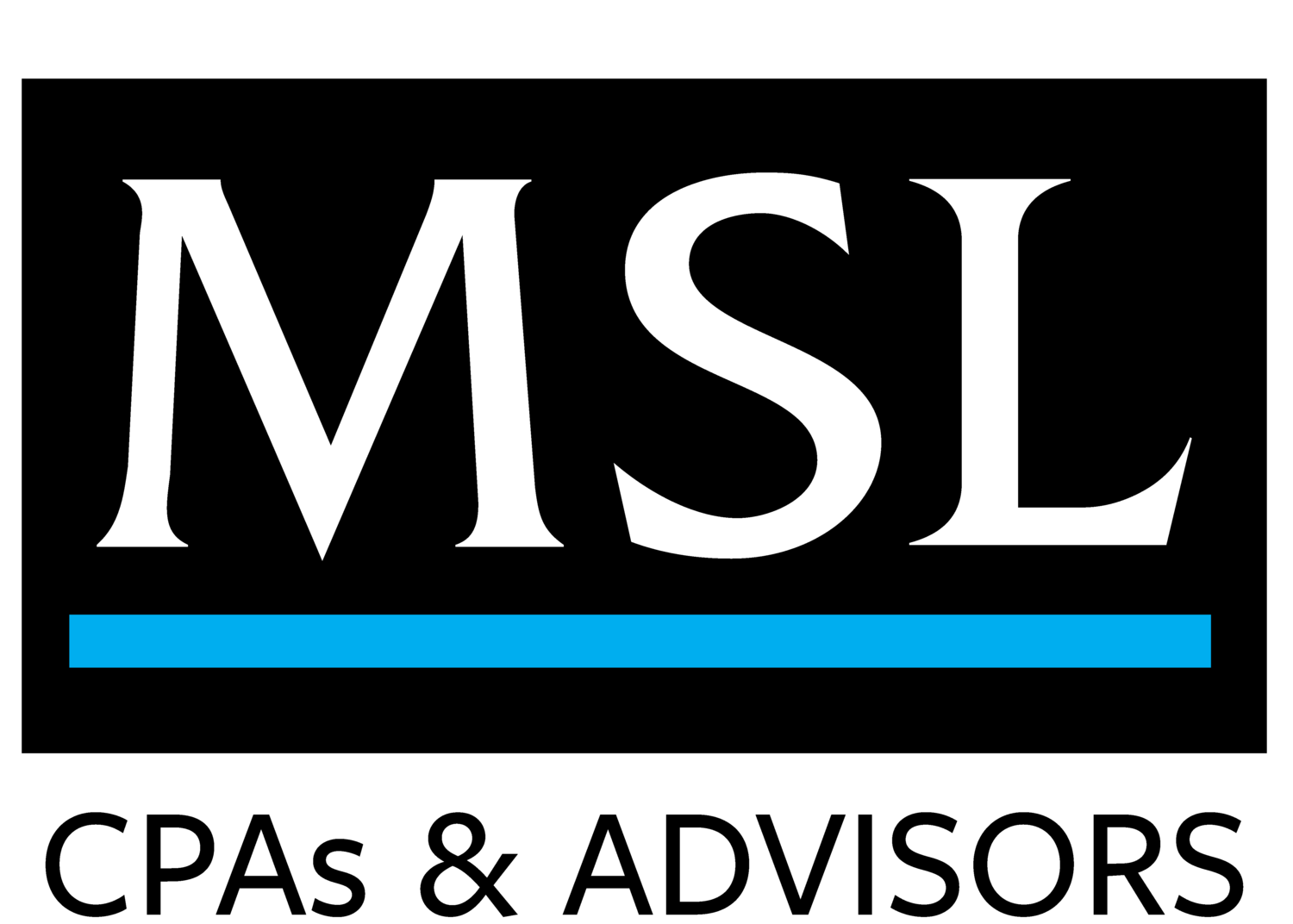Hurricane Season Financial Tips
/The 2019 hurricane season starts June 1, how time flies. Last year, although not a year for multiple storms, Hurricane Michael slammed the panhandle with one of the most powerful storms to ever make landfall in the US. Having personally traveled west on I-10 to view the aftermath, the destruction and sheer emptiness of what was once was a beautiful drive by interstate standards is still incredibly surreal and disheartening. We want to make sure everyone is way ahead of the curve this year so here is our annual reminder for our long-term care friends of the more important financial issues in dealing with disasters.
Cash is King:
When a major storm is imminent, ensure sufficient cash is on hand with several key staff members or department heads so they can adequately perform their necessary functions. Credit/debit cards don’t work well in a world without power.
Documentation:
Make sure your office manager keeps an accurate account of expenditures for hurricane-related costs and tracks all receipts during and after the disaster, especially when cash is involved. It’s easy to lose control of cash flows during and after a disaster and, unfortunately, some people take advantage of poor oversight when they think no one is looking.
Secure your records:
In order to preserve important financial history and support claims for insurance, tax and reimbursement, consider offsite storage of critical records. At a minimum, 10 years of financial statements and 7 years of tax returns and general ledgers should be in a secure, storm and flood-proof location.
Program billing:
Placements of 30 days or less are generally considered temporary. If temporary, the transferring facility continues to bill and should pay for the services rendered by the receiving facility. If the transfer is permanent, the receiving facility should bill for services. Providers should act now to ensure their transfer agreements with other facilities are up-to-date and executed properly to avoid any problems during a disaster.
Let’s hope and pray that Florida is spared somewhat this year. After three straight years of brutal storms, we could use the break.






